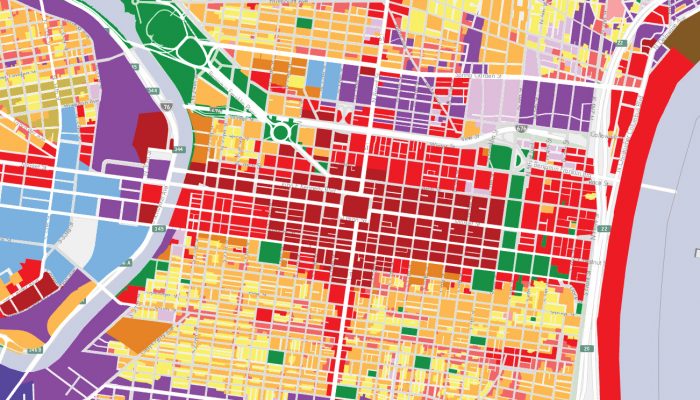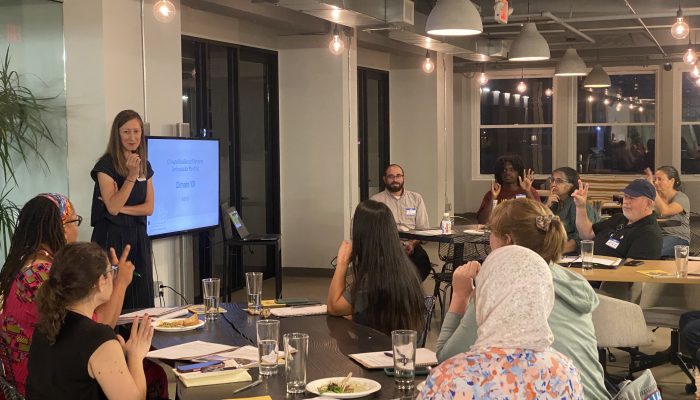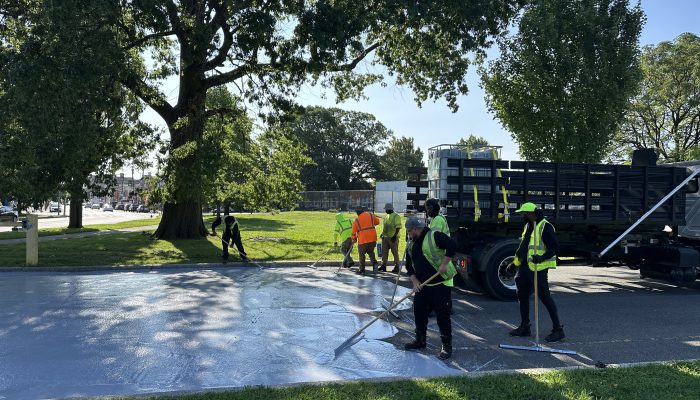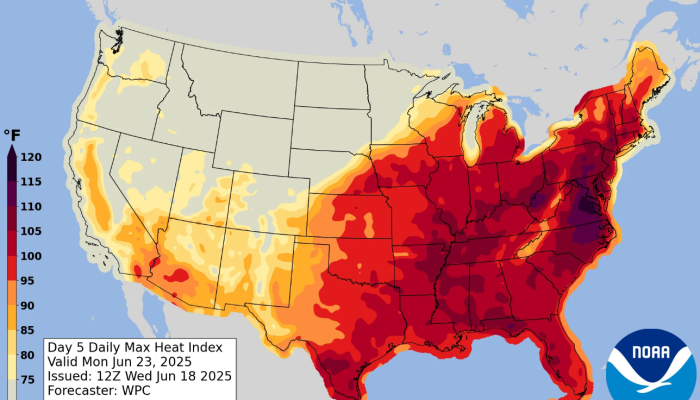“We didn’t land on Plymouth Rock. The rock was landed on us.” – Malcolm X
During a famous speech in Washington Heights, a neighborhood in Manhattan, New York, Malcolm X described the “constitutional gifts” bestowed upon those with full citizenship in the United States. Despite the more than 310 years of slave labor that built this nation’s economy, infrastructure, and so much more, he noted that African Americans still lacked access to those constitutional gifts. That was 1964.
The history of decision making in the United States is often one of exclusion. However, our history is also steeped in stories of resistance, innovation, and transformation. Ask yourself, how do you define constitutional gifts and do you have access to them? In your neighborhood, has Plymouth Rock landed on you or did you land on Plymouth Rock?
Introduction
June is Philly’s RCO enrollment period so this blog post will focus on the importance of community participation in shaping the environment. RCOs, or Registered Community Organizations, are one way Philadelphia residents can gain access to information and become informed participants of a larger process: zoning. Zoning is a set of requirements and allowed uses for a property. Zoning ordinances are in place to protect residents and help to create a blueprint for what is and isn’t allowed within a neighborhood.
This blog post is inspired by the residents of Kettleman City who continue to fight for their right to shape their environment. Their experiences speak to the importance of actively searching out information, overcoming obstacles, and working to have your voice heard.
Kettleman City: A Case Study
Kettleman City is a small farming community in Kings County, California. Of the 1,500 residents, 95% are Latinx and about half are monolingual Spanish speakers. Residents formed a neighborhood group called El Pueblo Para El Aire y Agua Limpio (The People for Clean Air and Water) after becoming aware of the county’s exclusionary zoning and permitting processes. Despite being in one of the most productive agricultural regions in the world, Kettleman City is located in the second most polluted air basin in the United Sates. Residents face heavy truck traffic, poor access to fresh produce, pesticide exposure, nearby oil and gas drilling, and contaminated tap water. The dense concentration of polluting industry and other environmental bads creates a situation where the town’s air and water are of a lesser quality than other neighborhoods in the same county. Due to this disproportionate exposure, residents have increased rates of birth defects, cancers, asthma, and other health issues.
In the 1970s, Chemical Waste Management (now known as Waste Management) built the largest toxic waste landfill in the region less than 4 miles away from Kettleman City. As part of the permitting process, Chem Waste printed notices in the local newspaper, posted signs at the landfill site, and sent notices to the adjacent landowners. Despite following the rules around permitting, residents of Kettleman City were completely left out of the decision-making process: the newspaper was published and circulated in a town 40 miles away, the landfill itself is located 4 miles away behind dense vegetation, and the adjacent landowners were large agricultural businesses and oil companies. In addition, all printed information was only available in English.
Residents didn’t become aware of the landfill until the early 1980s when Chem Waste was fined by the EPA for breaking environmental laws. Because Chem Waste had followed all the permitting rules, residents felt powerless until 1988 when the company requested a permit to build a toxic waste incinerator on the site. Once complete, the incinerator would burn up to 216,000,000 tons of waste every year. The combined environmental and health impacts of the existing industries and this newly proposed use was enough to mobilize the community. They were able to involve themselves in the permitting process from the beginning and in 1993, Chemical Waste withdrew their application after years of pressure from residents of Kettleman City and their allies. While this did not end their work against environmental racism and other injustices, it was a major win.
How You Can Take Action
RCOs can play a major role in the overall look and feel of a neighborhood. They were created in 2011 and adopted in 2012 as a more standardized way to include residents in decision-making around development and land use. The Philadelphia City Planning Commission requires applicants to meet with these registered groups when a Zoning Variance or Special Exception is requested for a property within the RCO’s geographic area. The RCO must then host a public meeting within 45 days of the initial zoning request. When multiple RCOs overlap, the District Councilmember appoints a Coordinating RCO to convene the meeting. Anyone can attend these meetings.
Zoning Variances give an applicant special permission to do something that does not align with what is allowed within that area. Requests can range from building a fence that is one foot higher than the standards to opening a restaurant in an area zoned for residential use. Special Exceptions are required when an applicant’s request is allowed by the zoning ordinances but may cause adverse affects if the project is not implemented well. In short, Special Exceptions require the applicant to prove that their request will not have any negative affects on the neighborhood. For example, take-out restaurants are allowed within areas zoned for commercial use. However, a Special Exception may be required because take-out restaurants can increase the presence of trash and litter. In this case, the Special Exception would ensure that the applicant has the capacity to manage its trash well.
Have you ever noticed a bright orange sticker posted on a property in your neighborhood? Those stickers are placed there for you! They feature information about zoning requests for that property, so be sure to check them out. The person applying for the zoning request provides the description of the project so sometimes the information on the orange sticker is too vague or too technical to understand. If you are curious or have any concerns, we encourage you to ask questions! Reach out to the local RCO for more information. The Citizens Planning Institute (CPI) is also a great resource to learn about zoning. CPI offers a seven-week course that supports residents to shape their communities through a better understanding of city planning and development. CPI also has resources like the Citizens Toolkit and more. Philadelphia’s Planning Commission, Licenses and Inspection, and District Council Members are also here to help.
The RCO registration period closes on June 30th. Learn more about RCO rights and responsibilities, submit an application, or join an RCO in your area!




